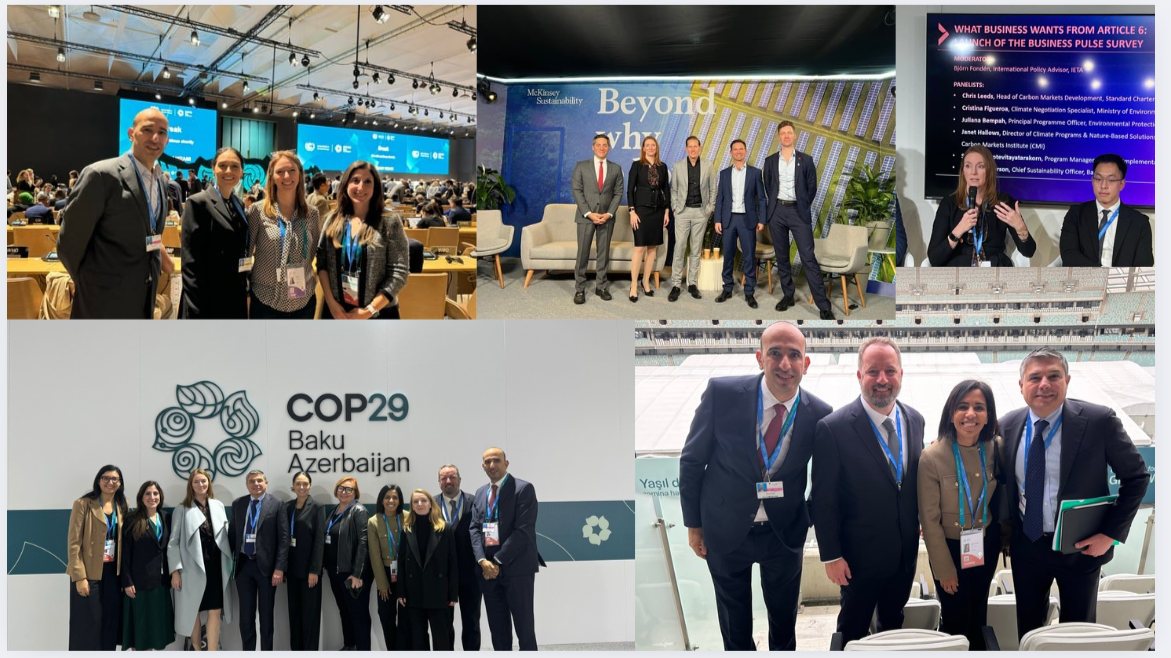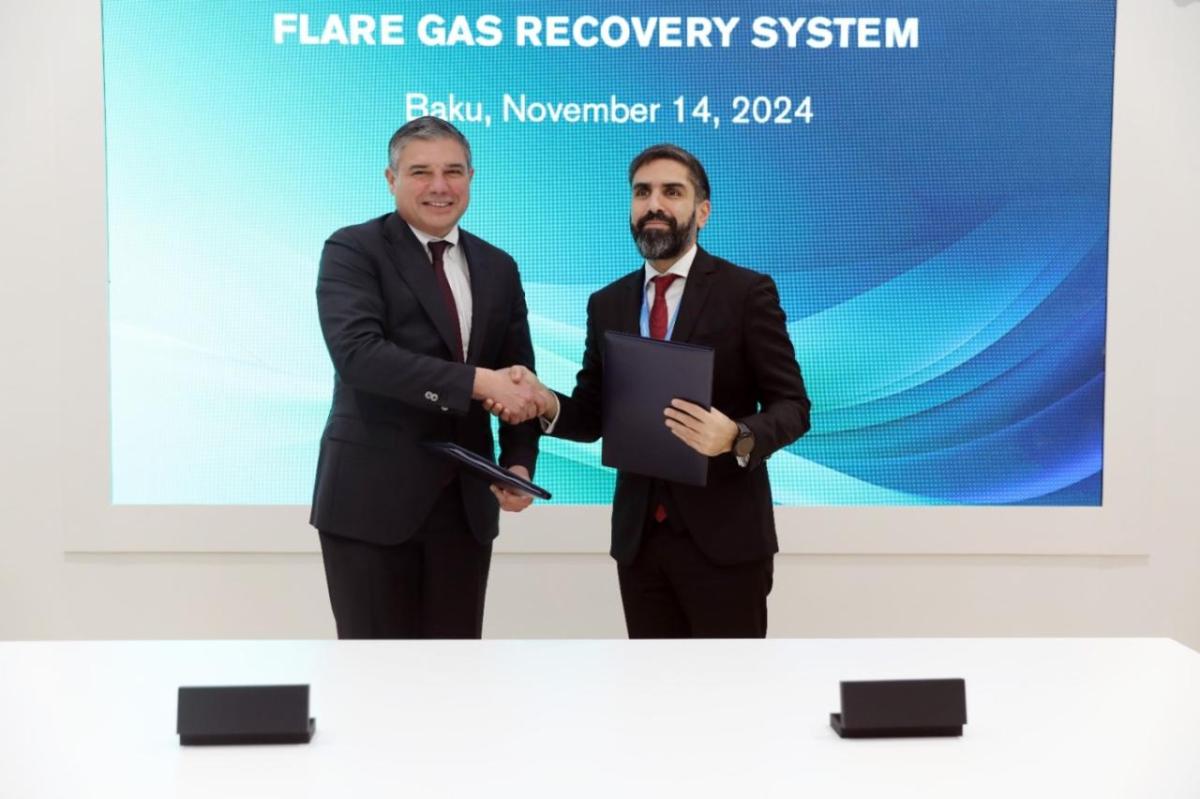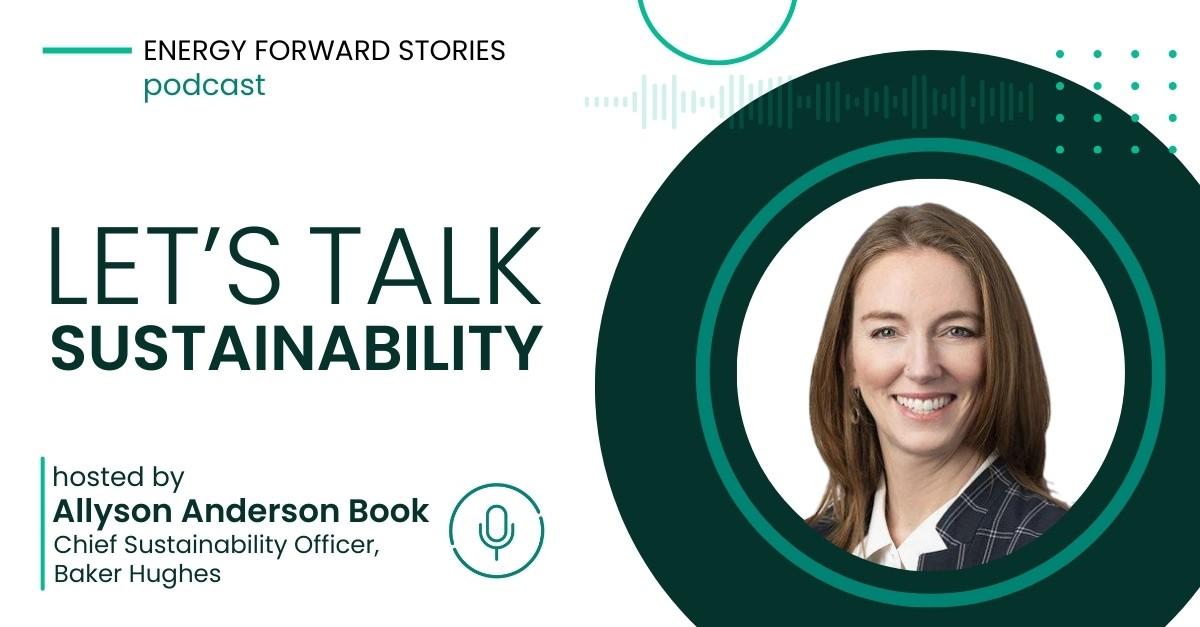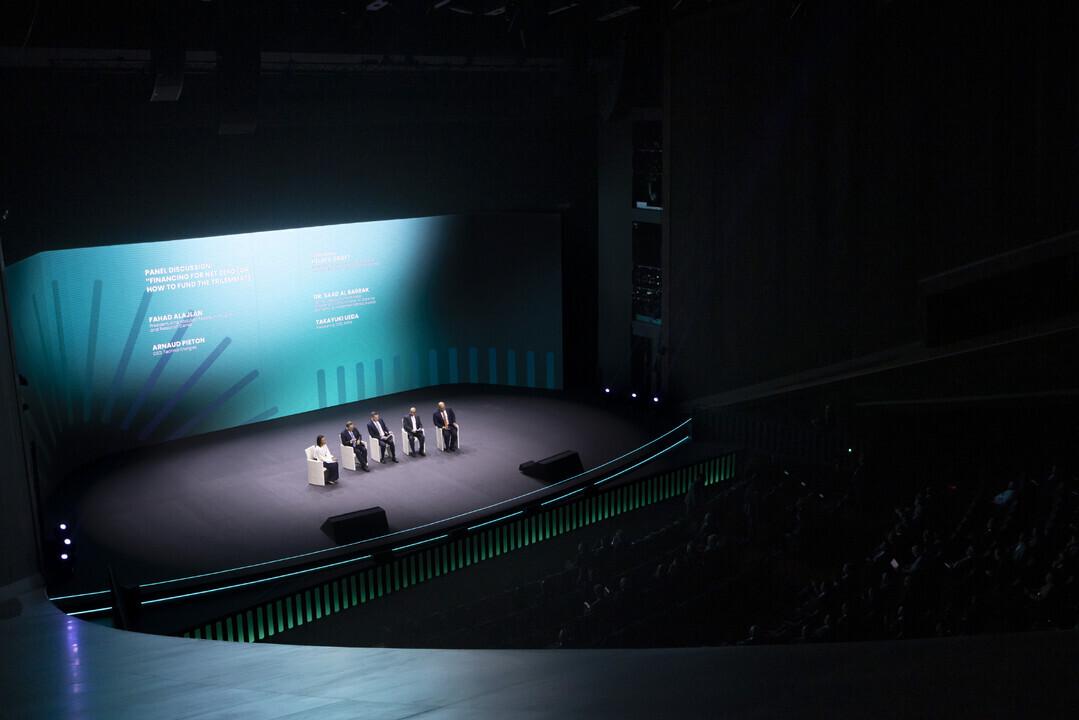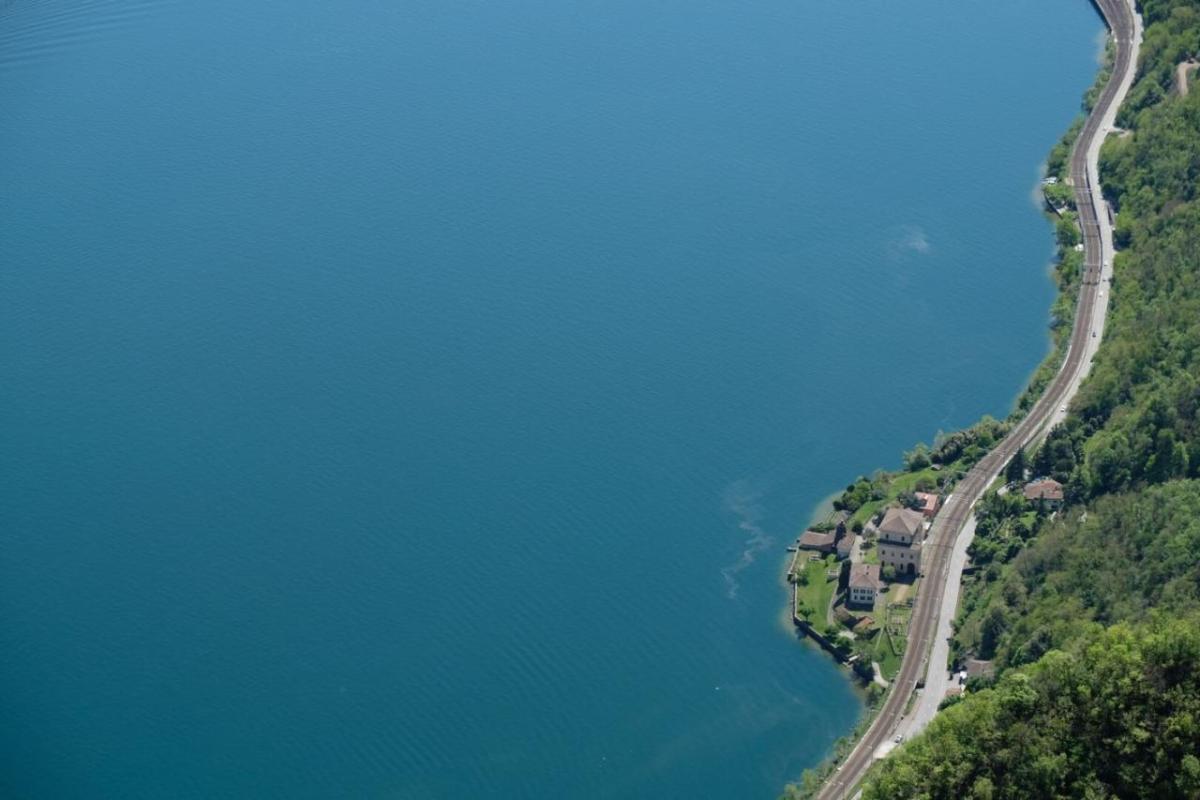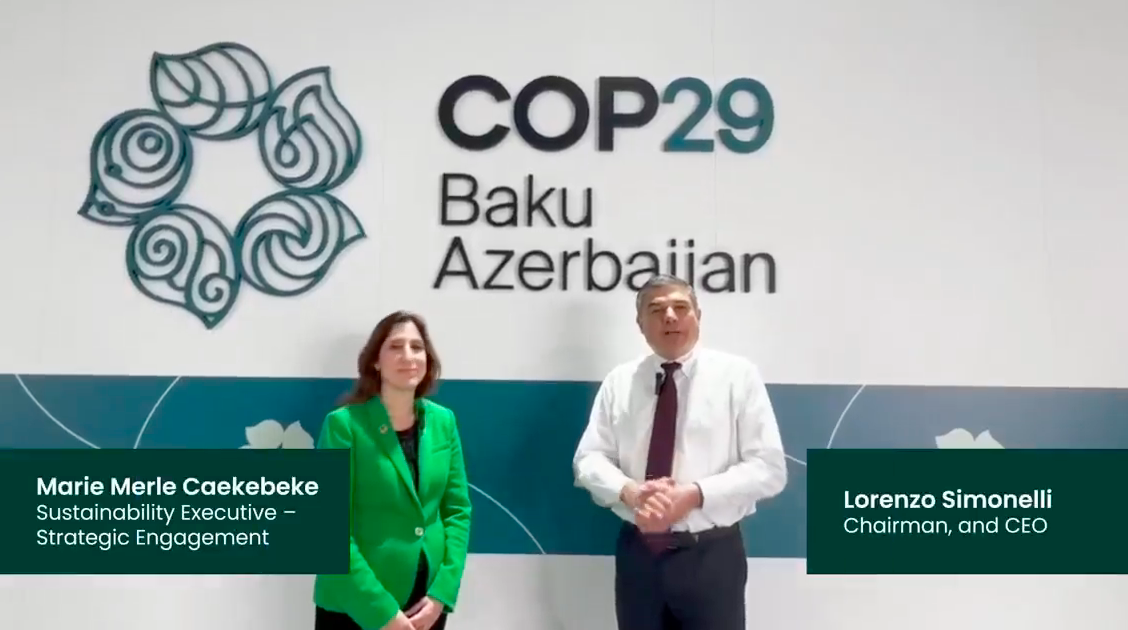Baker Hughes at COP29: Special Edition
In this special edition, we focus on Baker Hughes' participation in COP29 Azerbaijan in Baku.
What is COP? COP, which stands for Conference of Parties, is the series of formal meetings, where governments assess global efforts to advance the Paris Agreement and the Convention. At COP, world leaders come together to measure progress and negotiate the best ways to address climate change and limit global warming to 1.5°C.
There are now 198 Parties (197 countries plus the European Union) to the Convention, constituting near universal membership. The next Conference is currently taking place in Baku, Azerbaijan, in November 2024.
The Baker Hughes team is proud to have been involved in COP in recent years and is supporting conversations in Baku from this week, with several key speaking engagements and collaboration activities. Let’s review some key topics we can expect to hear more about during the conference.
BREAKING NEWS: live from COP29- read below
We’re proud to announce that the State Oil Company of the Republic of Azerbaijan (SOCAR) has awarded us a contract to help abate downstream emissions and significantly reduce flaring at the Heydar Aliyev Baku Oil Refinery, using our innovative flare gas recovery and hydrogen sulfide (H2S) removal system. The contract was signed today at COP29 Azerbaijan by our Chairman and CEO, Lorenzo Simonelli, and President of SOCAR, Rovshan Najaf.
Read the announcement from today to learn more
Let’s Talk Sustainability: What are the economics of a just transition?
COP is a unique global platform that brings public and private sector, countries from the Global North and the Global South to discuss solutions that address climate change. As the impacts of climate change and the shift to a lower carbon economy take shape around the world, public policy and corporate responsibility initiatives are being developed to help countries and communities navigate this transition. Governments around the globe have created financial incentives and the private sector has increasingly recognized and taken action to ensure a just transition.
What does this mean for the energy industry? Listen and learn from this insightful session where Baker Hughes Chief Sustainability Officer Allyson Anderson Book discusses just transition and its impact to the energy industry and Baker Hughes with experts from Washington DC think tank Resources for the Future (RFF). Baker Hughes is a supporter of RFF.
Financing for Net-Zero (or How to Fund the Trilemma?)
Climate finance is an important theme for this year’s COP. The bill for achieving net zero will total into the trillions of dollars. Someone somewhere has to pay for new infrastructure, new technologies, research and development. But who should it be?
Innovative funding models that will meet the disparate needs of economies across the globe will be required to bolster investor confidence and stimulate cash flows to transition projects. Watch and learn from the panel discussion at the Baker Hughes Annual Meeting 2024.
5 things you should know about the circular economy
Sustainability starts with managing our current resources, while we conserve for the future. In a world of finite resources, what was waste is not the end of the line, but the beginning of something new.
What is the circular economy? The circular economy is an economic system based on the reuse and regeneration of materials or products. By encouraging the maximization of the value of the resources and finding new uses for what were once considered waste products and spent materials, we can move closer to net-zero.
The circular economy is an economic model that keeps resources in use for as long as possible, extracts the maximum value from them while in use, then recovers and regenerates products and materials at the end of each service life. Read the article to find out more.
Together, we’re setting the tone for global climate action, addressing the pressing challenges posed by climate change today to accelerate industry towards net-zero.
Hear takeaways above from Lorenzo Simonelli and Marie Merle Caekebeke from on the ground in Baku and gain insights into some of the critical discussions that have taken place so far.

